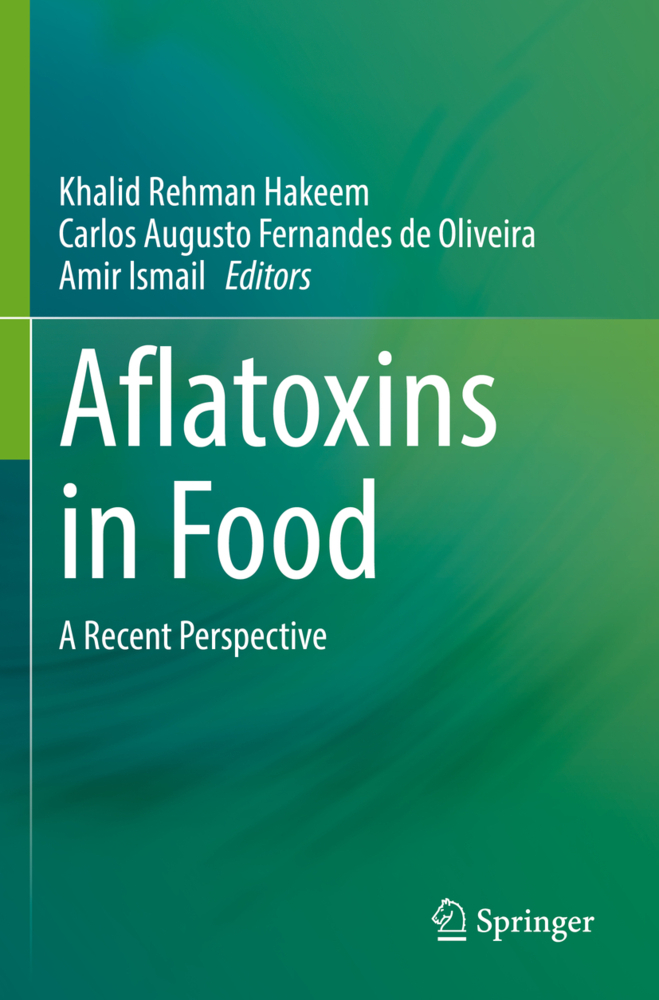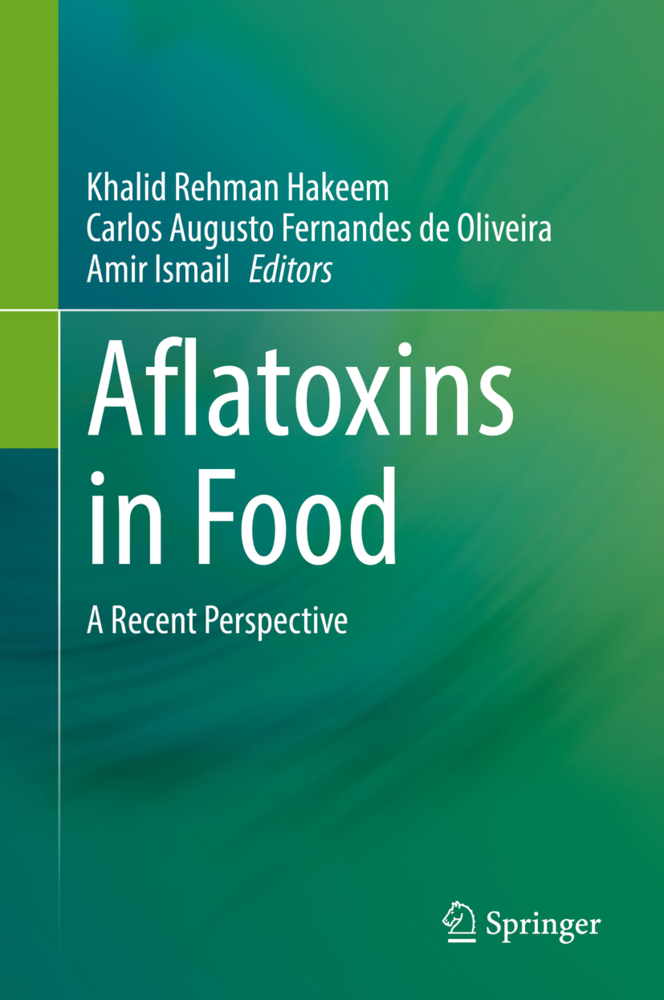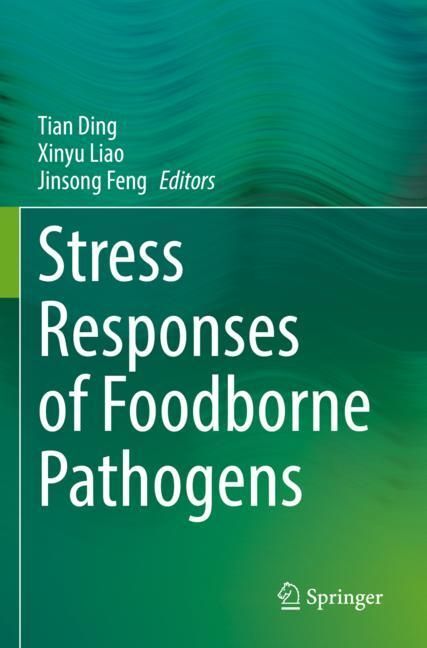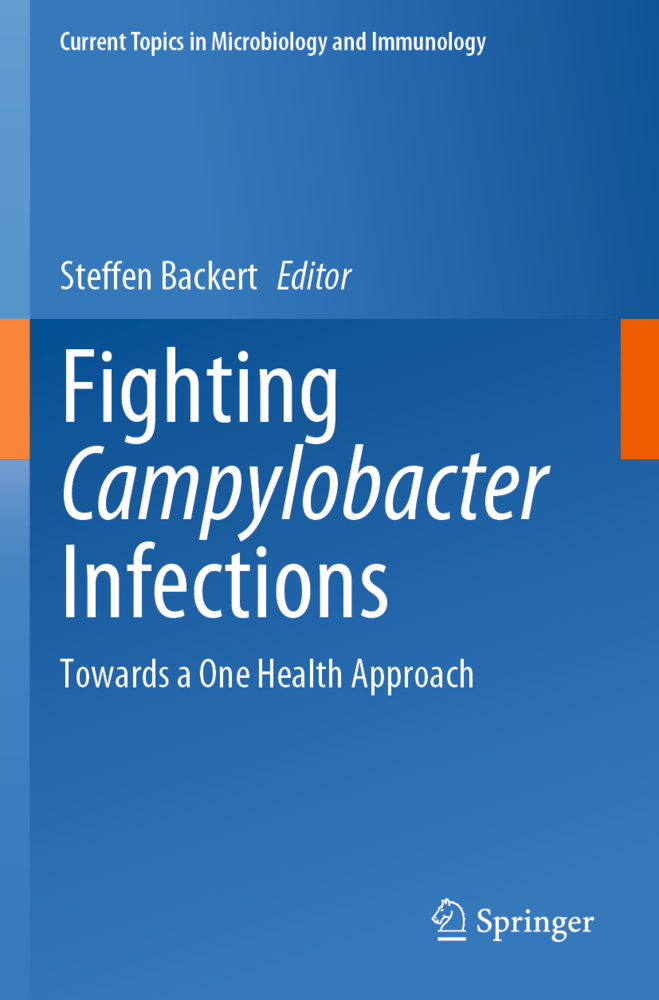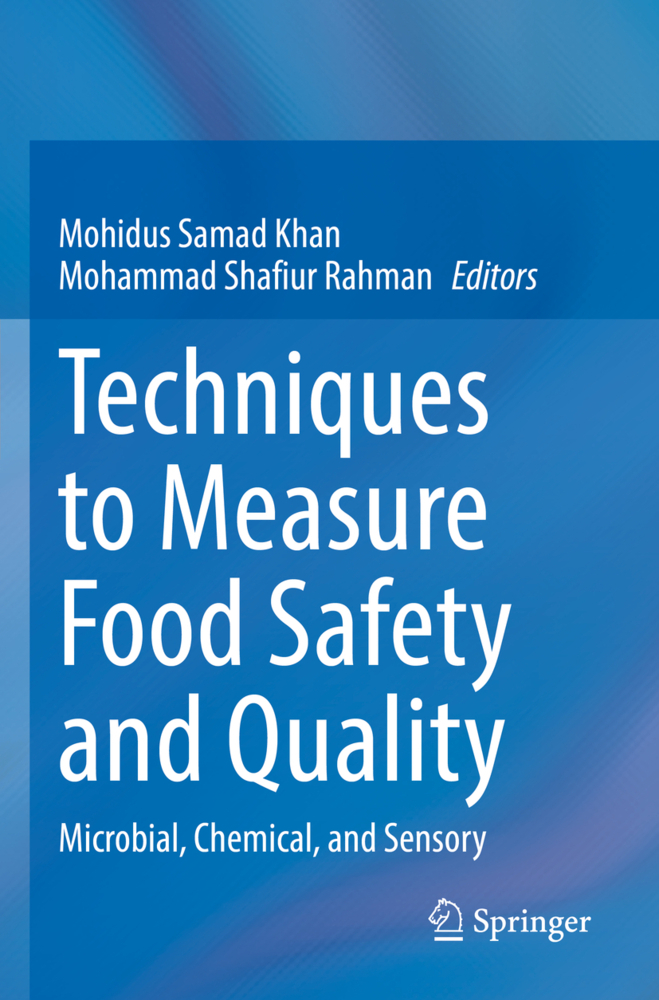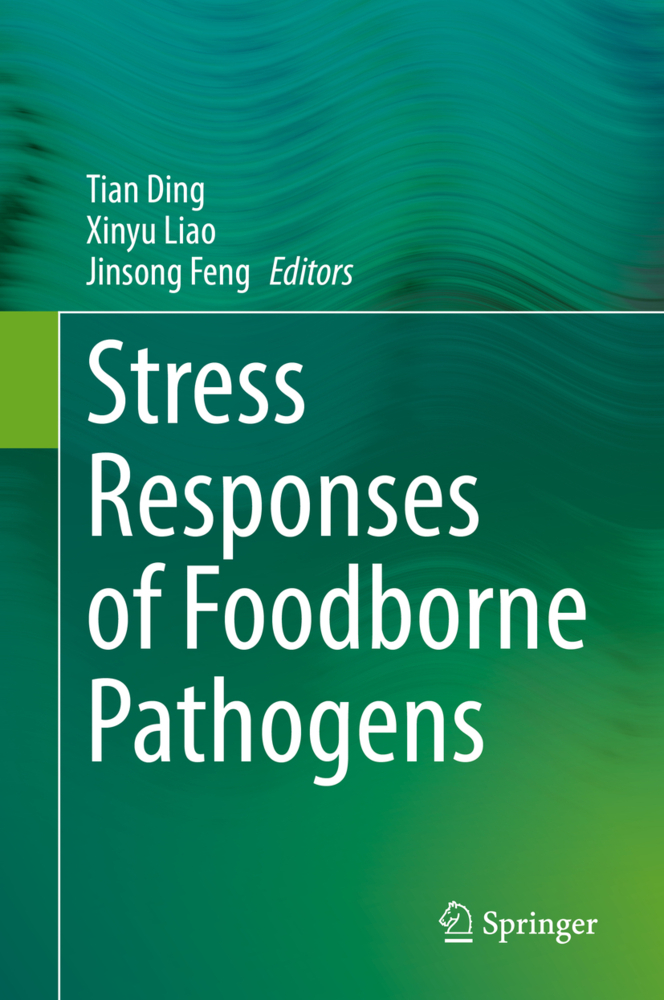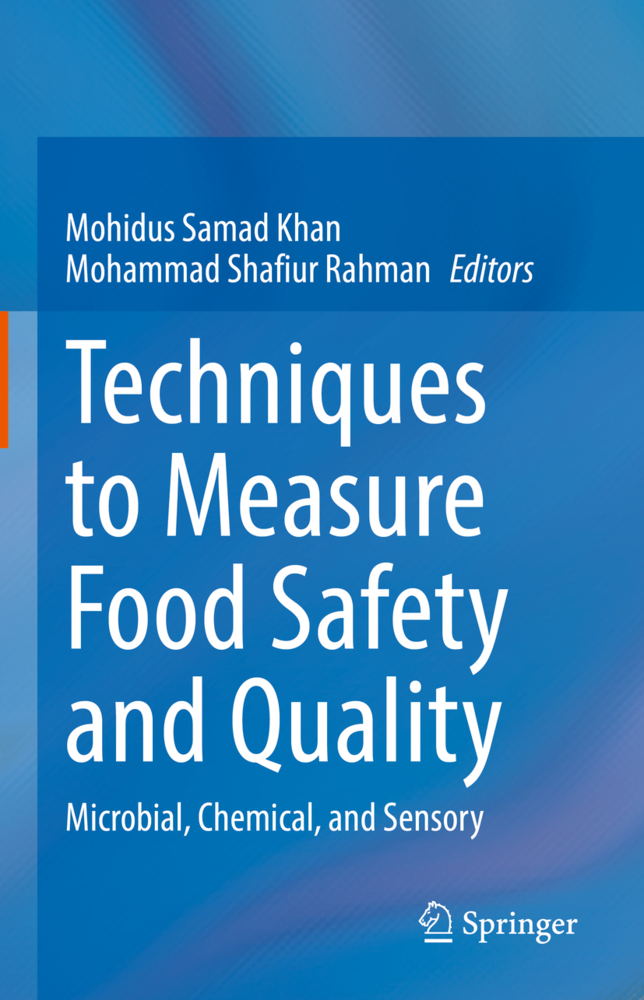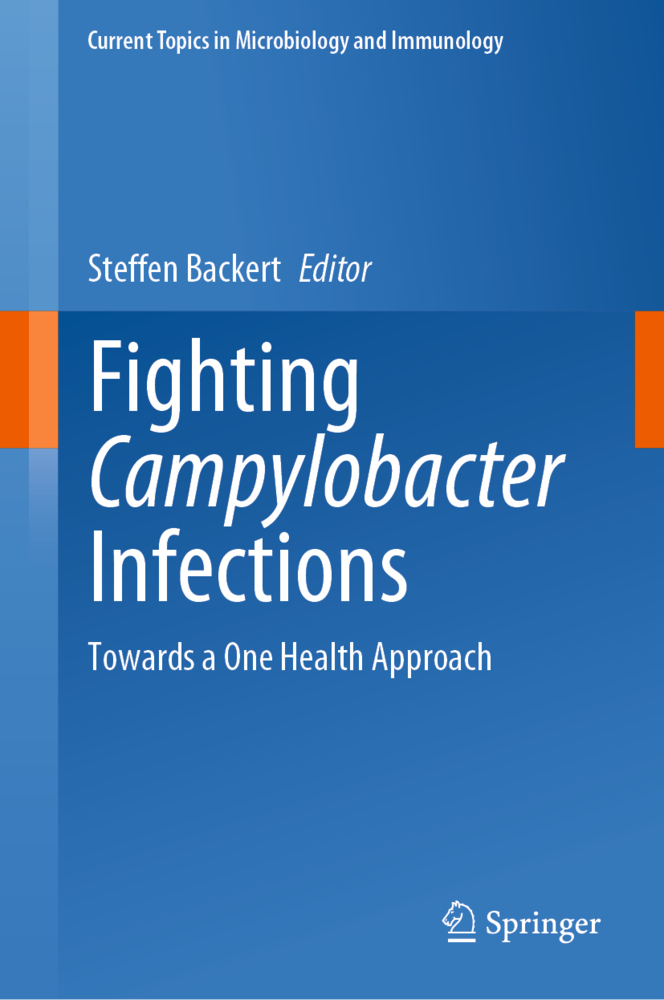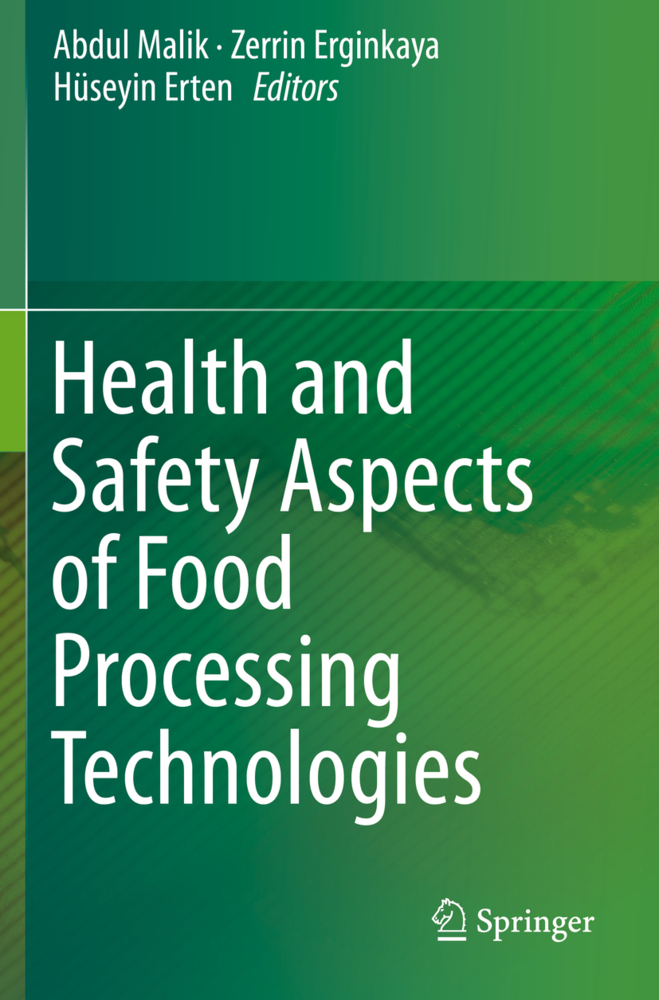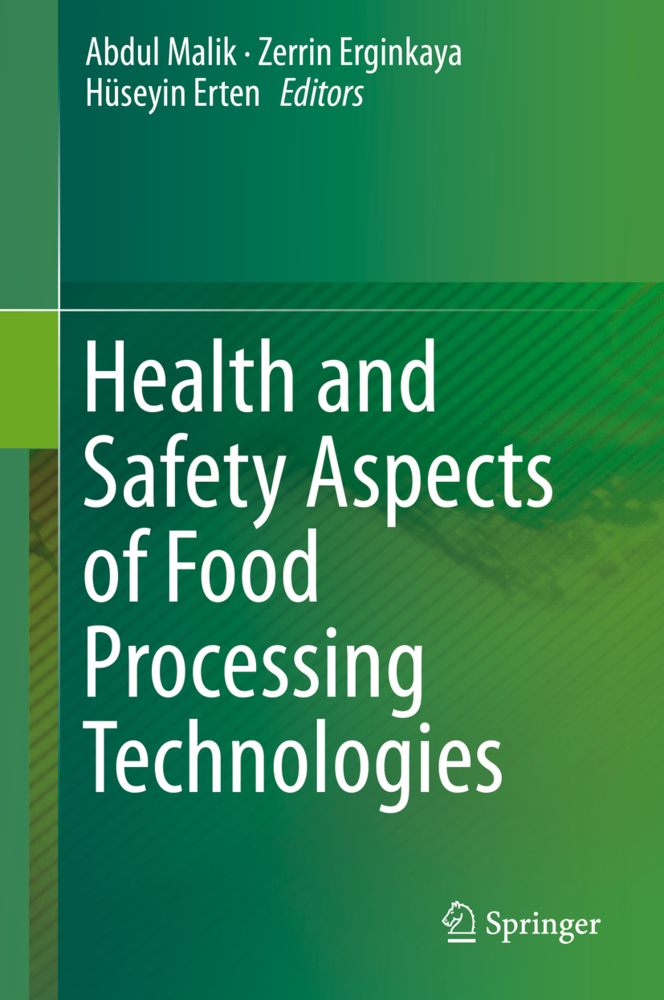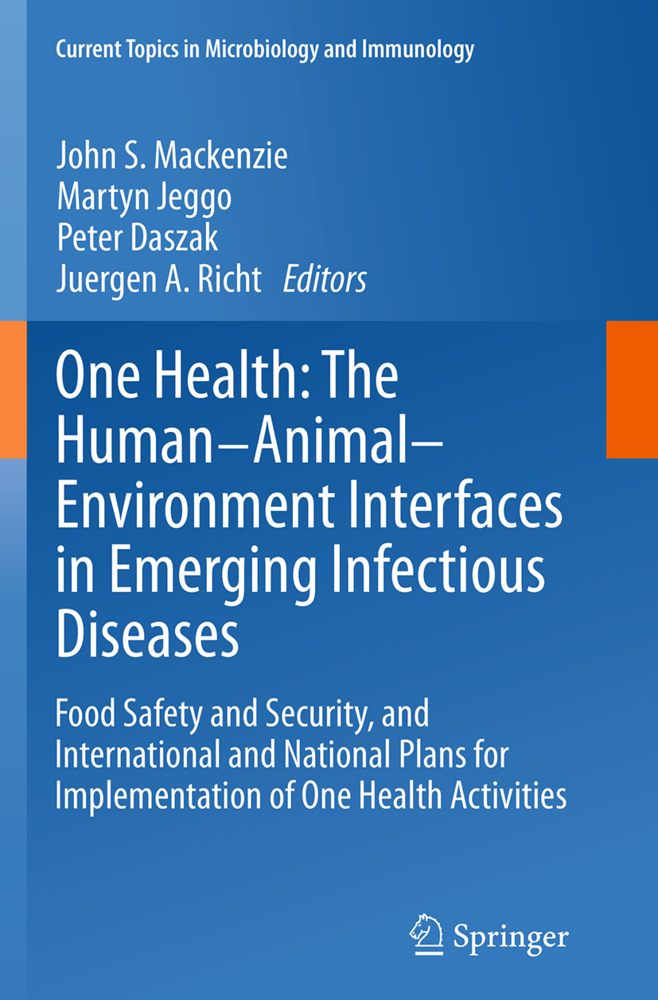Aflatoxins in Food
Aflatoxins in Food
Mycotoxins are the metabolites of fungus and are reported to contaminate nearly 25% of the food produced worldwide. The mycotoxins of most significance are the aflatoxins due to their severe health implications and their prevalence in food commodities on a larger scale. Aflatoxins are produced by certain species of fungi the most prominent among which are Aspergillus flavus, A. parasiticus and A. nominous. Food commodities of African and South Asian countries are especially reported to have aflatoxins well beyond the allowable limits but due to the global trade of food commodities developed countries are also prone towards the perils of aflatoxins. Moreover, climate changes may have a substantial impact on the distribution and global prevalence of aflatoxins in the near future.
The International Agency for Research on Cancer (IARC) has classified the aflatoxins as group 1 category carcinogen. Aflatoxins are also reported as teratogenic, mutagenic, growth retardant, immunosuppressant and may also cause nervous system and reproductive system disorders. Preventive approaches involving good manufacturing from "farm to fork" are the major focus of the current food industry.
The aim of our book is to provide readers with the most recent data and up-to-date studies from aflatoxins research, with specific focuses on (i) the impact of aflatoxins on human health, (ii) new approaches by the researchers from different parts of the world to degrade aflatoxins and (iii) potential preventive approaches that can significantly lessen the burden of aflatoxins in food products
1. Aflatoxins: An Introduction
Prof. Dr. Carlos A. F. OliveiraDepartment of Food Engineering, School of Animal Sciences and Food Engineering, University of Sao Paulo, Brazil
2. Aflatoxins Biosynthesis
Dr. Carlos Corassin
Department of Food Engineering, School of Animal Sciences and Food Engineering, University of Sao Paulo, Brazil
3. Worldwide Prevalence of Aflatoxins in Food and Feed
Prof. Dr. Yun Yun Gong
School of Food Science and Nutrition, University of Leeds, Leeds, United Kingdom
4. Aflatoxins Health Impacts on Infants and Children
Dr. Michael N Routledge
School of Medicine, University of Leeds, Leeds, United Kingdom
5. Aflatoxins Health Impacts on Adults and Elderly
Prof. Dr. Yun Yun Gong
School of Food Science and Nutrition, University of Leeds, Leeds, United Kingdom
5. Aflatoxins Health Impacts on Adults and Elderly
Prof. Dr. John Groopman
Bloomberg School of Public Health, Johns Hopkins University,United States of America
6. Regulations for Aflatoxins in Developing and Industrialized Economies
Dr. Khalid Rehman Hakeem
Department of Biological Sciences, Faculty of Science, King Abdulaziz University, Jeddah-21589, Saudi Arabia
7. Detection and Quantification of Aflatoxins
Dr. Amir Ismail
Institute of Food Science and Nutrition, Faculty of Agricultural Sciences, Bahauddin Zakariya University, Multan, Pakistan
8. Removal of Aflatoxins
Dr. Muhammad Riaz
Institute of Food Science and Nutrition, Faculty of Agricultural Sciences, Bahauddin Zakariya University, Multan, Pakistan
9. Physical Decontamination and Degradation of Aflatoxins
Dr. Saeed Akhtar
Institute of Food Science and Nutrition, Faculty of Agricultural Sciences, Bahauddin Zakariya University, Multan, Pakistan
10. Chemical Degradation of Aflatoxins
Dr. Paula Alvito
Food and Nutrition Department, National Institute of Health Doutor Ricardo Jorge, Lisboa, Portugal
11. Biological Decontamination and Degradation of Aflatoxins
Isabelle P. Oswald
Toxalim (Research Center in Food Toxicology), Université de Toulouse, INRA, ENVT, INP-Purpan, UPS, Toulouse, France
12. Impact of Climate Change on Aflatoxins Contamination in Food Commodities
Dr. Shinawar Waseem
Department of Food Science, Faculty of Agricultural Sciences, University of the Punjab, Lahore, Pakistan
13. Summary
Dr. Amir Ismail
Institute of Food Science and Nutrition, Faculty of Agricultural Sciences, Bahauddin Zakariya University, Multan, Pakistan.
Hakeem, Khalid Rehman
Oliveira, Carlos A. F.
Ismail, Amir
| ISBN | 978-3-030-85764-6 |
|---|---|
| Medientyp | Buch |
| Copyrightjahr | 2023 |
| Verlag | Springer, Berlin |
| Umfang | XIX, 302 Seiten |
| Sprache | Englisch |

